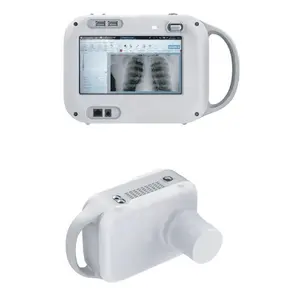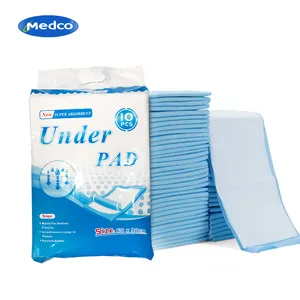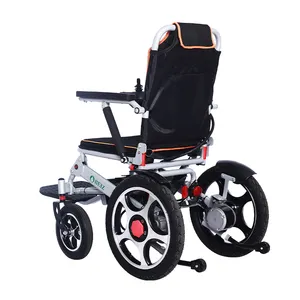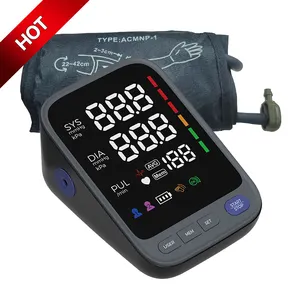Popular in your industry







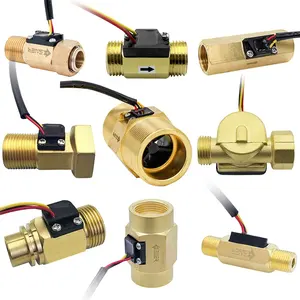










































































































































Top categories
About neonatal flow sensor
Introduction to Neonatal Flow Sensors
Neonatal flow sensors are essential devices in the medical field, designed specifically for the delicate nature of neonatal care. These sensors play a crucial role in monitoring and regulating the respiratory flow rate in newborns, ensuring that the most vulnerable patients receive the precise care they need.
Types and Applications
The variety of neonatal flow sensors available caters to different requirements within medical settings. The draeger neonatal flow sensor is widely recognized for its compatibility with Draeger medical equipment, while the hamilton neonatal flow sensor is sought after for use with Hamilton devices. Each type is tailored to integrate seamlessly with specific systems, providing accurate readings that are vital for neonatal care. The neonatal flow sensor drager variant is particularly noted for its precision in critical care situations. These sensors are not limited to hospitals but are also utilized in specialized pediatric clinics and research facilities.
Features and Materials
Neonatal flow sensors are constructed with materials that ensure durability and biocompatibility. With a focus on patient safety, these sensors are designed to minimize the risk of infection and are easy to clean and maintain. The neonatal flow meter is another integral component, often incorporated with the sensors, to provide real-time data on the flow of respiratory gases, which is critical in adjusting the support provided to neonates.
Advantages of Using Specific Sensors
Utilizing the correct type of neonatal flow sensor can significantly impact the quality of care provided to newborns. These sensors offer the advantage of high sensitivity and accuracy, which is paramount when dealing with patients who have low tidal volumes. The precision of these devices ensures that healthcare providers can make informed decisions quickly, which is often crucial in neonatal care.
Choosing the Right Neonatal Flow Sensor
Selecting the appropriate neonatal flow sensor is dependent on various factors, including the specific medical equipment in use and the required sensitivity for the patient's condition. It is essential to consider the compatibility of the sensor with existing medical systems to ensure accurate monitoring and data collection.
Conclusion
In conclusion, neonatal flow sensors are indispensable in the realm of neonatal care, providing the precision and reliability needed in such a sensitive field. With various types available, each designed to meet specific requirements, these sensors are a cornerstone in ensuring the well-being of neonates. Professionals in the medical field can find a selection of these sensors to suit their needs, without compromising on the integrity and performance of their critical care equipment.
